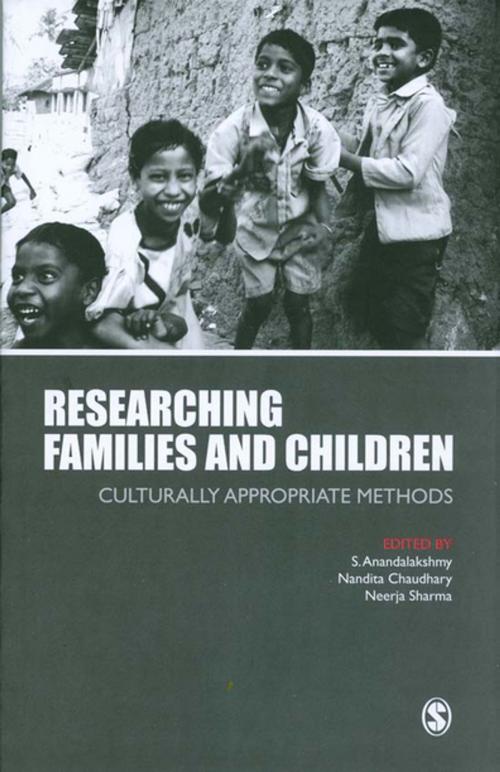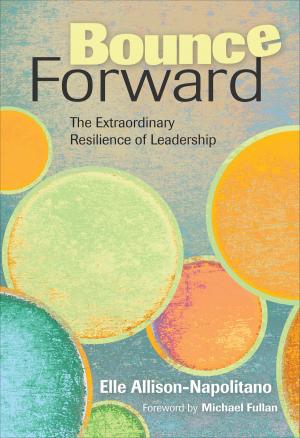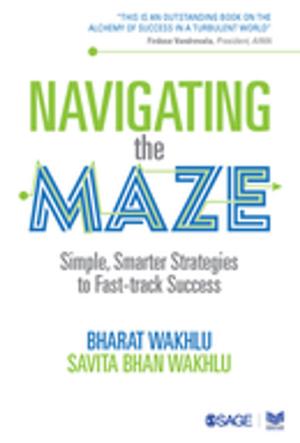Researching Families and Children
Culturally Appropriate Methods
Nonfiction, Health & Well Being, Psychology, Developmental Psychology, Child & Adolescent, Child Development| Author: | ISBN: | 9789352800933 | |
| Publisher: | SAGE Publications | Publication: | September 16, 2008 |
| Imprint: | Sage Publications Pvt. Ltd | Language: | English |
| Author: | |
| ISBN: | 9789352800933 |
| Publisher: | SAGE Publications |
| Publication: | September 16, 2008 |
| Imprint: | Sage Publications Pvt. Ltd |
| Language: | English |
Researching Families and Children: Culturally Appropriate Methods highlights methodological issues that arise while conducting research on human development in India. This compilation deals with the dynamics of transacting research in the field, instead of providing formalized instructions on how to conduct research. This set of essays thus scores over most other books on research methodology in this regard. Dwelling on authentic encounters in the field, the authors articulate the various processes of interaction, while providing transparency in procedure and practicality in approach.
A significant aspect of the collection is the inclusion of the perspectives of the participants in research studies. The people studied are seen as partners in the creation of knowledge, without whose active involvement the studies would be inadequate. With a view to demystifying research methods and engaging the reader, the narrative uses the tropes from the world of Indian theatre of the traditional Sutradhaar (Master of Ceremonies) and Vidushak (Jester). This strategy infuses a lighter note and serves to round-off each essay succinctly.
Researchers and academicians working in the fields of human development, psychology, social work and related disciplines, will welcome this work as it validates indigenous qualitative research.
Researching Families and Children: Culturally Appropriate Methods highlights methodological issues that arise while conducting research on human development in India. This compilation deals with the dynamics of transacting research in the field, instead of providing formalized instructions on how to conduct research. This set of essays thus scores over most other books on research methodology in this regard. Dwelling on authentic encounters in the field, the authors articulate the various processes of interaction, while providing transparency in procedure and practicality in approach.
A significant aspect of the collection is the inclusion of the perspectives of the participants in research studies. The people studied are seen as partners in the creation of knowledge, without whose active involvement the studies would be inadequate. With a view to demystifying research methods and engaging the reader, the narrative uses the tropes from the world of Indian theatre of the traditional Sutradhaar (Master of Ceremonies) and Vidushak (Jester). This strategy infuses a lighter note and serves to round-off each essay succinctly.
Researchers and academicians working in the fields of human development, psychology, social work and related disciplines, will welcome this work as it validates indigenous qualitative research.















